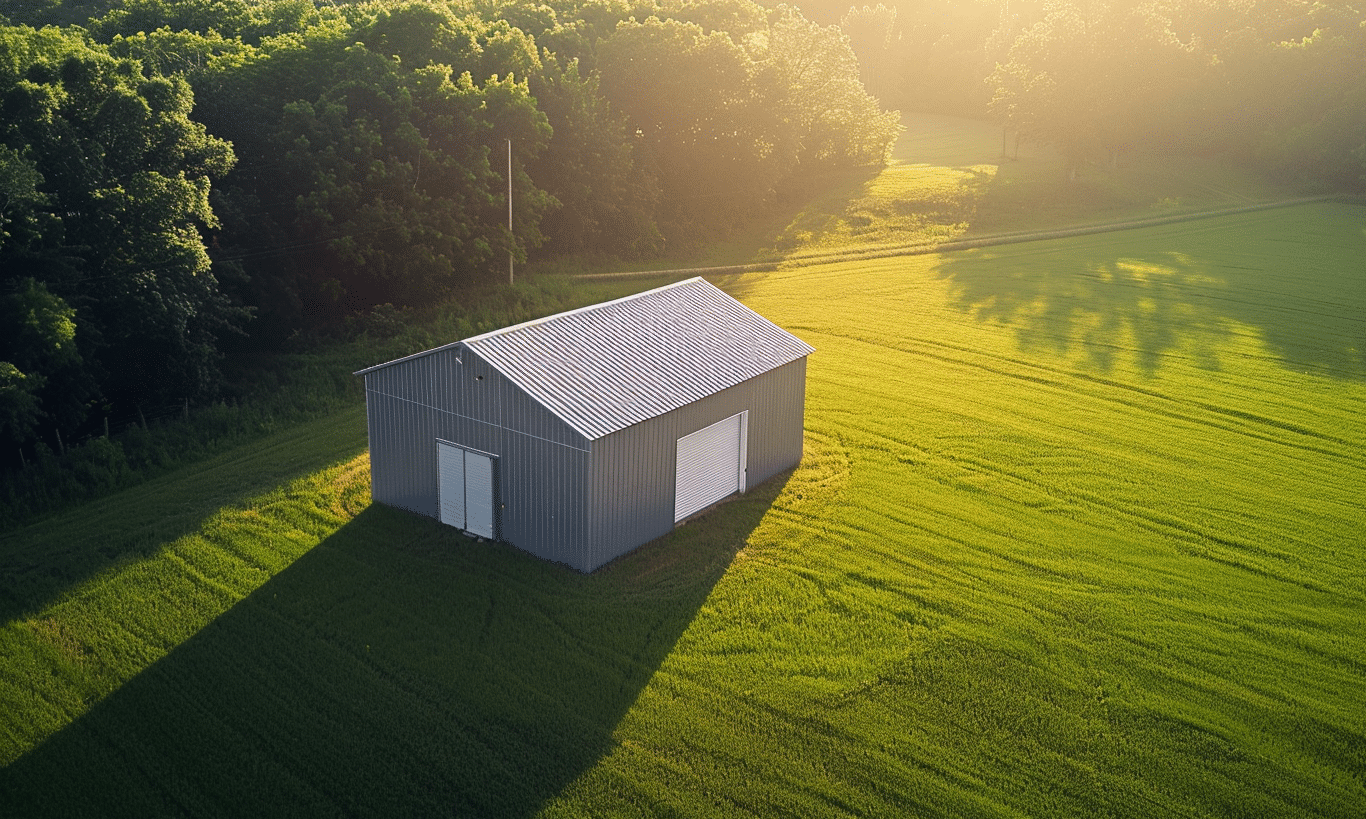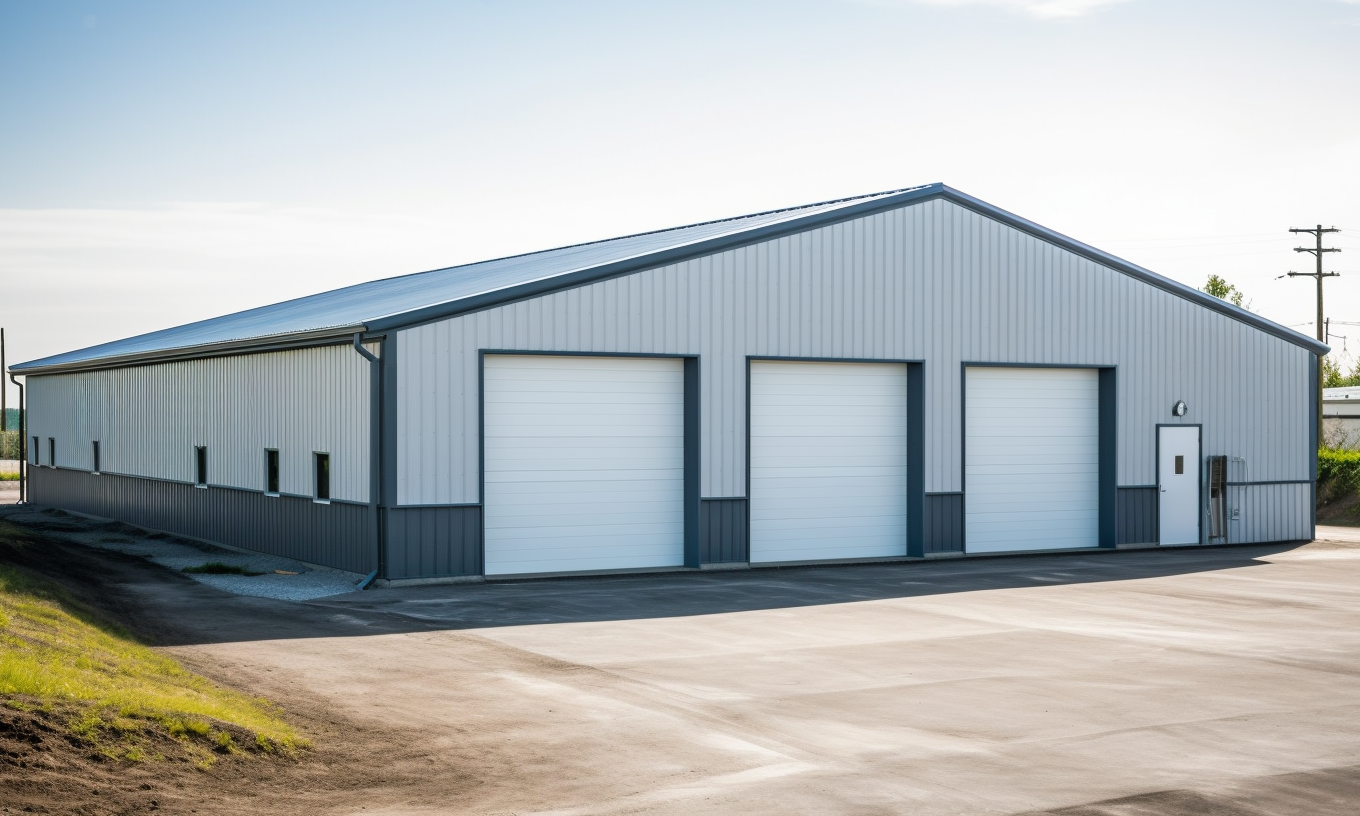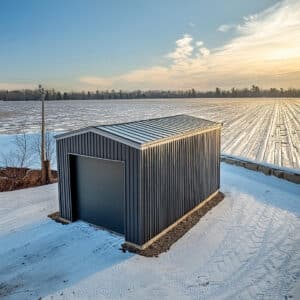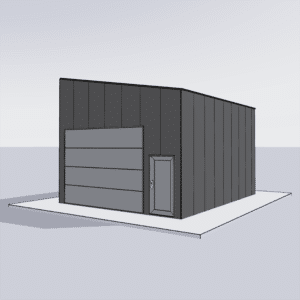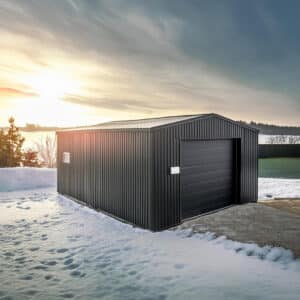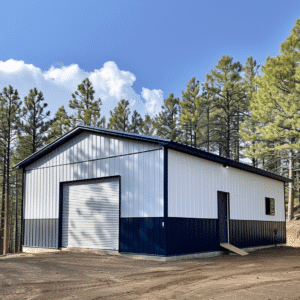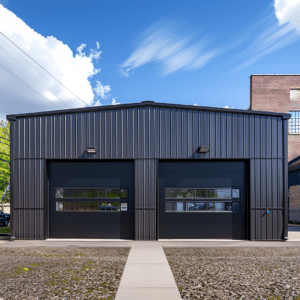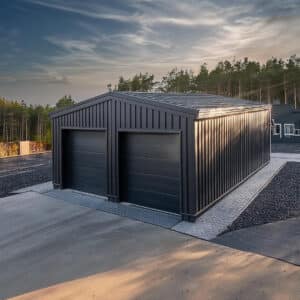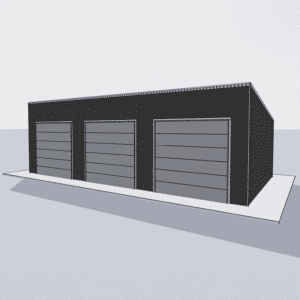**Engaging Introduction:**
Are you ready to explore the future of commercial construction? As we enter a new era of innovation, the commercial construction landscape is evolving at breakneck speed. The transformation is being driven by advancements in technology, sustainable practices, and the move toward smarter cities. Imagine a world where commercial buildings are not just structures but intelligent entities that conserve energy, adapt to user needs, and contribute to a sustainable future. Let’s dive into this fascinating world and discover how these changes are shaping the commercial construction sector.
—
The Dawn of Intelligent Buildings
The future of commercial construction is being heavily influenced by the rise of intelligent buildings. This innovation is characterized by the integration of advanced technologies like IoT (Internet of Things), AI (Artificial Intelligence), and big data analytics. These technologies enable buildings to autonomously manage energy usage, security, and environmental conditions, thereby enhancing operational efficiency and reducing costs.
Consider how a smart thermostat optimizes heating and cooling based on occupancy patterns. Now, imagine this level of intelligence expanded to control lighting, water, and even emergency systems across a commercial steel building. The goal? To create a harmonious balance between employee comfort and resource conservation.
The Role of LEED Certification
Sustainability is at the heart of intelligent buildings, making LEED certification in commercial construction a sought-after credential. LEED, or Leadership in Energy and Environmental Design, is a globally recognized standard of excellence in green building. Achieving LEED certification ensures that construction practices meet rigorous sustainability criteria, including energy efficiency, indoor environmental quality, and use of sustainable materials.
The trend toward sustainable practices in commercial construction is gaining momentum. By integrating smart technologies with environmentally responsible building practices, businesses are able to reduce their carbon footprint while also enjoying the cost benefits of reduced energy consumption.
—
The Rise of Smart Cities
The concept of smart cities is no longer a distant vision but a fast-approaching reality. In these urban environments, buildings are seamlessly connected to the municipal infrastructure, sharing data to improve citywide resource management. Imagine a water system that automatically detects leaks and reroutes supply to minimize waste, or traffic lights that adapt in real-time to ease congestion.
For commercial construction, smart cities promise a future where buildings are not standalone entities but part of a broader ecosystem designed to optimize urban living. By harnessing data from interconnected systems, commercial buildings can provide insights that further drive operational efficiencies and enhance user experiences.
—
Flexibility with Modular Construction
Modular construction is another approach revolutionizing the future of commercial construction. By allowing buildings to be assembled in sections, or modules, this method offers unparalleled flexibility and efficiency. It reduces construction times and costs while maintaining quality standards.
For instance, commercial steel buildings can be prefabricated off-site in a controlled environment, minimizing weather-related delays and optimizing material use. The modules are then transported and assembled on-site, reducing the disruption caused by traditional construction methods.
Modules are not only efficient but also offer customizable options that can meet the specific needs of different businesses. Whether an enterprise requires additional office space, a warehouse, or a manufacturing floor, modular construction provides a versatile solution.
The Impact of Automation and Robotics
Advancements in automation and robotics are reshaping every aspect of commercial construction, from planning and design to the construction process itself. Automation technologies streamline operations by improving efficiency and accuracy, while robotics offer precise, labor-efficient alternatives that reduce human error and enhance worker safety.
Take construction robotics, for example. These machines are capable of laying bricks, installing drywall, and even welding structures. By reducing reliance on manual labor, robotics allow projects to proceed more quickly and safely, providing a significant boost in productivity.
It’s a transformative time for commercial construction. As businesses embrace these technological advancements and integrate them into their building strategies, they position themselves at the forefront of an industry poised for continued evolution.
—
Smart Materials for Smart Buildings
Another leap in innovation guiding the future of commercial construction is the development of smart materials. These are materials that exhibit one or more properties that can be significantly altered in a controlled fashion by external stimuli, such as temperature, pressure, or light.
For example, smart glass windows can adjust their opacity based on the intensity of sunlight, reducing the need for artificial lighting and cooling. Similarly, thermochromic paints change color with temperature variations, offering aesthetic and energy-saving benefits.
With such multifaceted applications, smart materials are enhancing the functionality and efficiency of commercial buildings.
Sustainability and Resilience
Today’s emphasis on resilience and sustainability has sparked interest in materials that not only meet modern-day environmental standards but also offer durability and long-term performance. Steel buildings fit perfectly into this narrative. They are not only energy-efficient and cost-effective but also provide unmatched strength and longevity.
By leveraging modern technologies and sustainable practices, commercial steel buildings are setting benchmarks in both design and performance. They cater to the varied needs of companies seeking to reduce their ecological impact while benefiting from robust construction options.
—
**Clear Conclusion:**
The future of commercial construction is on a trajectory filled with promise and opportunity. Embracing technologies like IoT, AI, and smart materials, along with sustainable frameworks such as LEED certification in commercial construction, sets the stage for a transformative era of commercial building innovations. Modular construction and robotics are already reshaping project dynamics, offering flexibility and efficiency that were once just dreams. As we continue to explore these frontier technologies, the blend of sustainability and intelligence in commercial construction will shape the infrastructures of tomorrow’s smart cities, offering resilient, eco-friendly, and immersive spaces for work and commerce. By partnering with Your Building Team, we can pioneer these changes, advancing commercial construction into a sustainable future. For more insights into smart city development, visit Smart Cities Dive.


